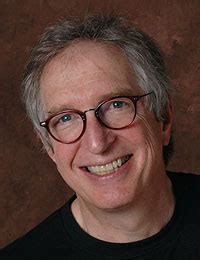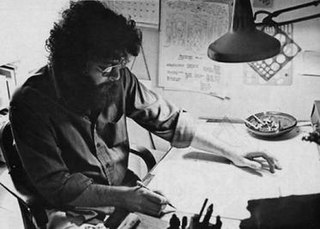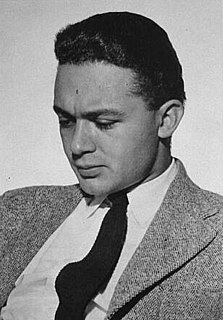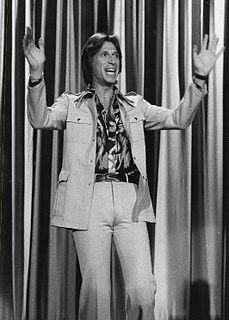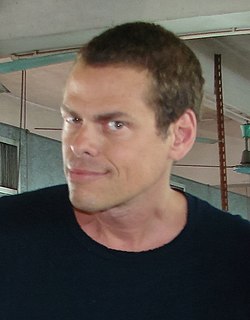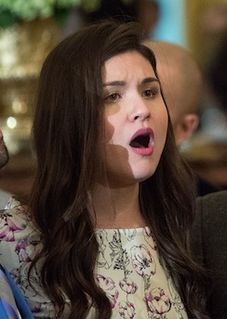A Quote by Andy Wilkinson
I had to really do some studying and examination of my own songwriting and I realized that, there's not a formula by any stretch of the imagination and aren't any rules, but there are principles. The first one is that art is a process, not a product. In fact, that holds true for damn near everything we do in life. The product is just something that happens. If you're faithful to the process, the product takes care of itself.
Related Quotes
You're confusing product with process. Most people, when they criticize, whether they like it or hate it, they're talking about product. That's not art, that's the result of art. Art, to whatever degree we can get a handle on (I'm not sure that we really can) is a process. It begins in the heart and the mind with the eyes and hands.
If you paint for product, you have to follow the rules that keep you on the track of your expectation. You have to calculate, organize, plan every move. When you paint for process, you listen to the magic of inner voices, you follow the basic human urge to experiment with the new, the unknown, the mysterious, the hidden. Process is adventure; product happens only within the parameters designed.
I try to be as faithful as possible to the facts as I understand them, but any story is at least partly a product of the imagination. I can comprehend a lot by immersing myself in all of the information I've collected, but my imagination is what brings it to life, and the bridging of that gap - between the received history and the conceived fiction - is both the most difficult and most enjoyable part of the process for me.
Traditional sales and marketing involves increasing market shares, which means selling as much of your product as you can to as many customers as possible. One-to-one marketing involves driving for a share of customer, which means ensuring that each individual customer who buys your product buys more product, buys only your brand, and is happy using your product instead of another to solve his problem. The true, current value of any one customer is a function of the customer's future purchases, across all the product lines, brands, and services offered by you.

